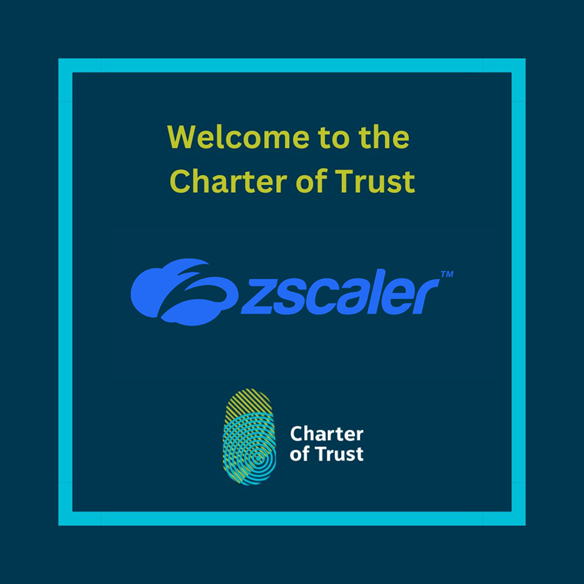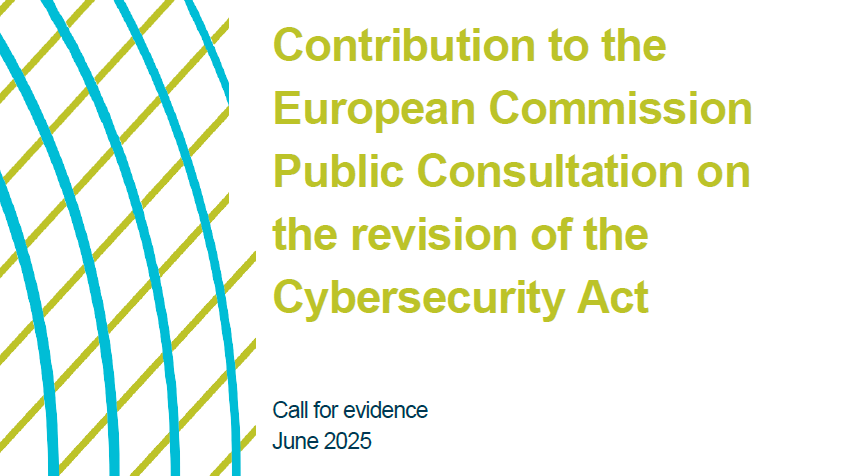By Vinod Vasudevan, Global CTO MDR & Deputy Global CTO – Cybersecurity Services, Atos
The blind spot
The key challenge that SOCs have today is detecting advanced attacks early and responding rapidly. Advanced attacks use newer techniques or significant variation of an existing one,hence these attacks cannot be detected using previously known signatures. Similarly, threat actors are getting better at camouflaging or launching attacks from compromised systems of a legitimate organization. This defeats threat intelligence-based detection using IoCs including IP/ULR/email IDs/ Usernames. There is a blind spot for conventional security technologies where it is an unknown attack and an unknown threat actor.
The value of AI for detection of blind spots
AI can throw light on this blind spot and enable detection. AI can do this by profiling known good behavior and detecting deviations from these baselines. As an example, using AI we can profile a normal/admin user for systems of allowed access, data size, time of access (time of day, week). An attacker who compromises this user will show different access patterns that can be detected as an anomaly using AI algorithms. Such profiling can be used to detect lateral movement, data exfiltration. AI can also be used to learn from known malicious behavior when enough data samples are available. This is true for detection of malware binaries. Deep learning algorithms can be used to learn from millions of malware samples available to detect malware even if new or hitherto unknown malware.
More effective response capabilities and interconnected SOCs
As we step into the future, AI algorithms can also be used to learn successful response mechanisms used to contain & orchestrate a successful ransomware response. This will lead to autonomous response that can trigger response steps in real time to contain major attacks and ensure that business impact is reduced. AI can also give much better results as we create, interconnect and strengthen national and regional Security Operation Centers (SOCs) of critical infrastructure or functions at national and EU level. Interconnected SOCs can provide more data for AI algorithms to learn from and learning can be transferred across SOCs to democratize the detection and response capabilities.
AI is key to face an ever-evolving threat landscape
Cyber crime syndicates have already started using AI for launching targeted attacks. The use of AI makes it easy to launch personalized attacks at scale. This also means that we cannot depend only on rule based approach to counter AI driven attacks. We cannot afford armies of highly scarce Cyber Security professionals to staff SOCs. The use of AI in SOC will enable automation of human actions, emulate human intelligence in analysis/response and enable the scale required for successful response to such AI driven attacks.
The future is towards using AI for tactical scale in combination with Human Intelligence for strategic actions for combating the ever-evolving complex threat landscape.


You may also like

Charter of Trust Welcomes Zscaler
Zscaler is a leading cloud enterprise security provider helping global businesses accelerate their digital transformation by becoming more agile, efficient, resilient, and secure.
With Zscaler as a partner in the Charter of Trust, we aim to strengthen global cyber resilience through trust – by fostering actionable collaboration between industry leaders, governments, and public-private platforms. Zscaler brings robust expertise and innovation to the table, making it the ideal partner to drive this mission forward.
“Zscaler is excited to drive meaningful change alongside our new partners, laying a foundation of trust essential for successful digital transformation,” said Sam Curry, Zscaler CISO. “In today’s world, the need for reducing inherent trust and default access has never been greater. To truly stay ahead of ever-evolving threats, we must unite as a coalition of practitioners. Cyber attackers aren’t taking breaks, and with advancements like artificial intelligence, quantum cryptography, and emerging technologies on the horizon, collaboration is the key to securing the future.”
“We are proud to welcome Zscaler to the Charter of Trust. Their focus on cybersecurity innovation and commitment to openness reflect our shared ambition to create a safer, more resilient digital future. Together, we’ll strengthen trust, transparency, and security across the global digital landscape.” highlighted Dr. Summit Chada, Charter of Trust Co-Chair and COO Group Security & Business Lines CISO at Atos.
“With Zscaler as a Partner of the Charter of Trust, we believe that we can strengthen the global commitment to secure digital transformation by combining technological innovation with the Charter of Trust’s collaborative approach to cybersecurity leadership.” Ralf Schneider, Charter of Trust Co-Chair and Senior Fellow and Head of Cybersecurity and NextGenIT Think Tank at Allianz SE, welcomes Zscaler to the Charter of Trust.
We are excited to join forces and work together to advance digital trust and security across industries.

Contribution to the EU Commission Public Consultation on the revision of the Cybersecurity Act
We support Policy Option 2, which focuses on targeted regulatory measures that address key challenges without creating unnecessary complexity. In this context, we emphasize the need to enhance the role and resources of ENISA, to ensure effective implementation of both current legislation and the European Cybersecurity Certification Framework (ECCF).
Our recommendations aim to improve transparency, collaboration, and efficiency across the EU’s cybersecurity landscape. These include:
- Introducing clear timelines for the development of certification schemes.
- Enhancing stakeholder engagement throughout the process.
- Establishing more structured communication channels between ENISA, the Stakeholder Cybersecurity Certification Group (SCCG), and sectoral ISACs (Information Sharing and Analysis Centers).
We call for a stronger ECCF, one that is transparent, inclusive, and aligned with international standards to foster global interoperability and ease compliance for organizations across borders. Equally critical is the harmonization of certification practices across EU member states and the mutual recognition of certifications to minimize regulatory fragmentation.
The Charter of Trust advocates for technically robust, standards-based certification schemes, with well-defined roles and responsibilities. We also stress the need for clarity on the interplay between voluntary and mandatory certifications, particularly in relation to the upcoming Cyber Resilience Act (CRA).
To streamline compliance and reduce administrative burden, we propose a unified, risk-based incident reporting regime that consolidates requirements under regulations such as NIS2, CRA, GDPR, and DORA. This would not only simplify reporting for organizations but also enhance the EU’s overall cyber resilience. In addition, we recommend incorporating liability protections and grace periods for incident disclosure.
Finally, we urge the Commission to strengthen supply chain security by adopting a risk-based classification approach and establishing baseline cybersecurity requirements for ICT suppliers.
The Charter of Trust remains fully committed to supporting the European Commission in shaping a secure, resilient, and trusted digital future for Europe. We look forward to continued collaboration in building a cybersecurity framework that meets the needs of all stakeholders, today and in the years to come.




